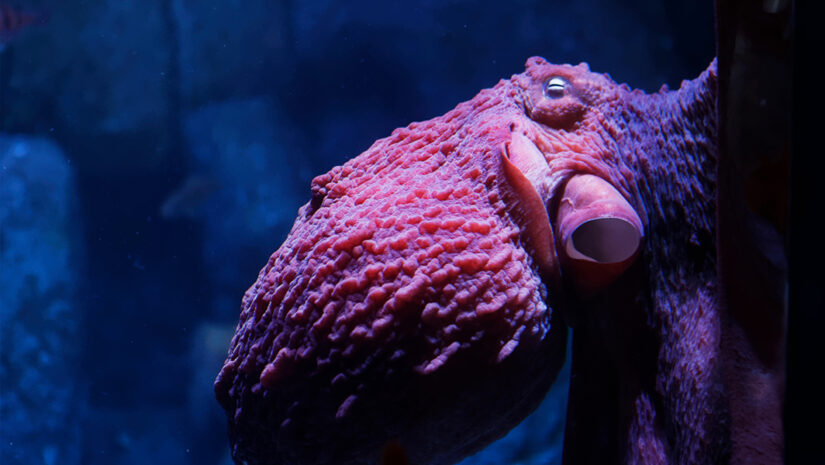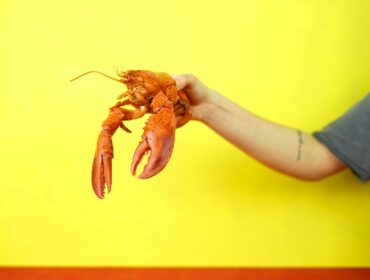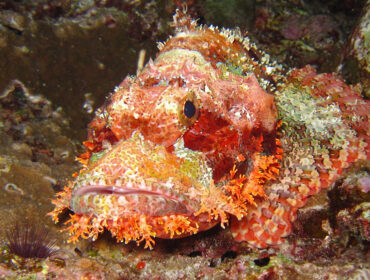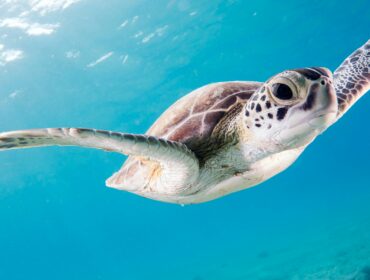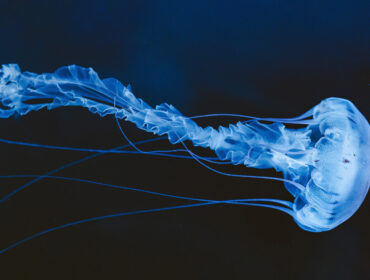The octopus is quite an amazing creature. With approximately 300 known species across the globe, this cephalopod is not only numerous but incredibly unique. They’re mysterious and otherworldly, exhibiting a grace all their own that seems almost alien. Below are five stellar facts about octopuses you may not have known. Pro tip: there is no “right” way to refer to octopus in the plural. It is grammatically correct to say octopuses, octopi, and octopodes.
Outrageous Octopus Facts:
Tool savvy
Octopuses are remarkably smart and known to be the most intelligent invertebrates. They exhibit a behavior that sets them on the same tier as the world’s most astute living organisms: their ability to use tools.
Numerous experiments with octopuses have demonstrated their dexterity and problem-solving skills. When given a sealed jar with prey trapped inside, the octopus learned to open the jar to get the treat within. They’ve proven that they can learn from the behavior of both humans and other octopuses.
In the wild, they’ve also been documented using tools, such as hiding within two halves of a coconut to seek shelter from predators.
Gardening
Who knew that the octopus could be such a swanky designer? Octopuses will commonly collect sea shells, bits of coral, and other found objects to place around the perimeter of their habitat.
Camouflage master
The chameleon gets a lot of press for its camouflage abilities, but the truth is that it pales in comparison to what a cephalopod can do. Octopuses have special pigment and muscle cells that allow them to change their skin’s pattern, color, and even texture in fractions of a second. They can seamlessly morph into different objects, plants, and even organisms. Some species will even mimic the shape and mannerisms of different fish to confuse predators.
Multiple hearts
The octopus actually has a total of three hearts. Two control blood flow to the octopus’s pair of gills, while the third heart circulates blood throughout the body. All octopuses are also venomous, but only one group is deadly to humans. The venom is secreted from their beaks as a method of immobilizing prey.
Short-lived
Octopuses have a very short lifespan. Some will live as little as six months, while others live a maximum of 2-3 years. After reproducing, it isn’t long before they die. Once the female’s eggs have been fertilized by her mate, she will create a den for her brood, usually constructed from rocks with only one way in or out. For the duration of their incubation, the mother will constantly tend to the eggs, cleaning them of algae and other parasites to ensure as many enter the world alive. Sadly, many of the newborns will become plankton, but those who survive will live to complete the cycle once more.

